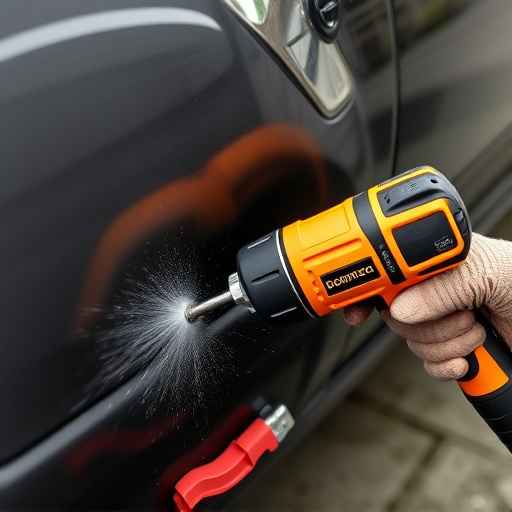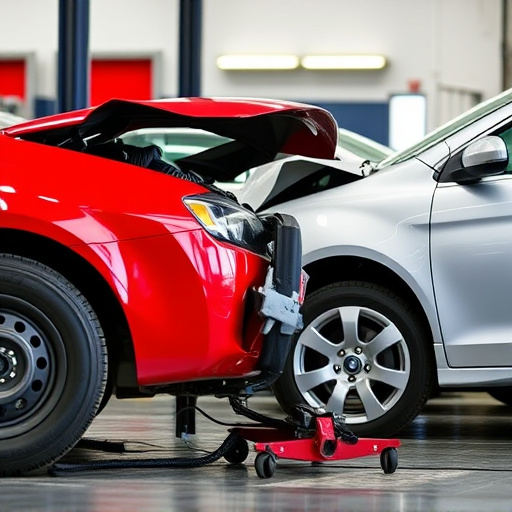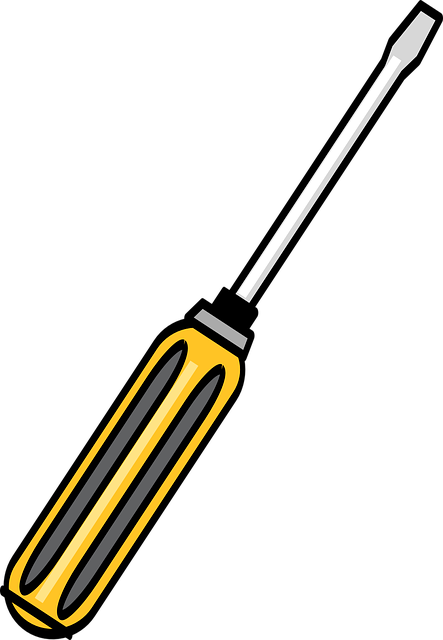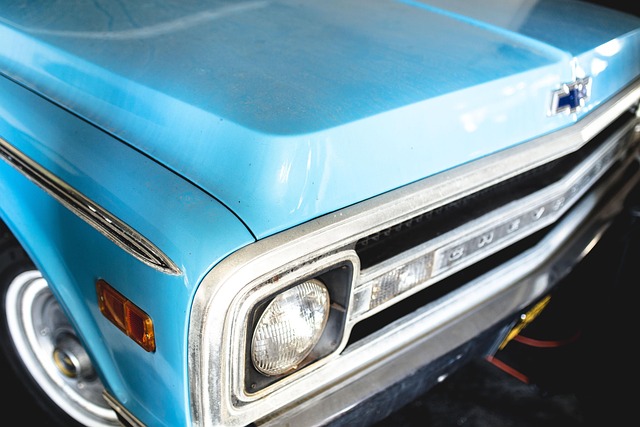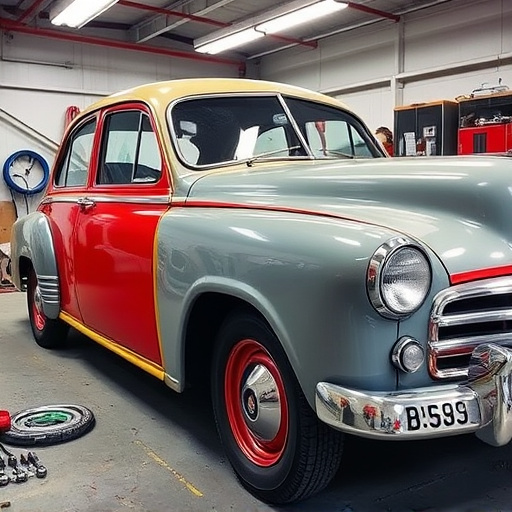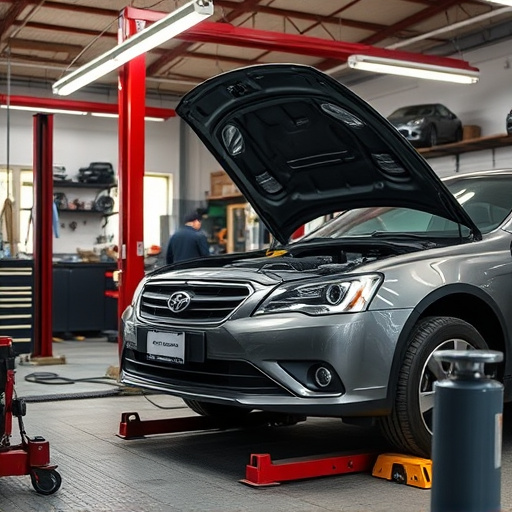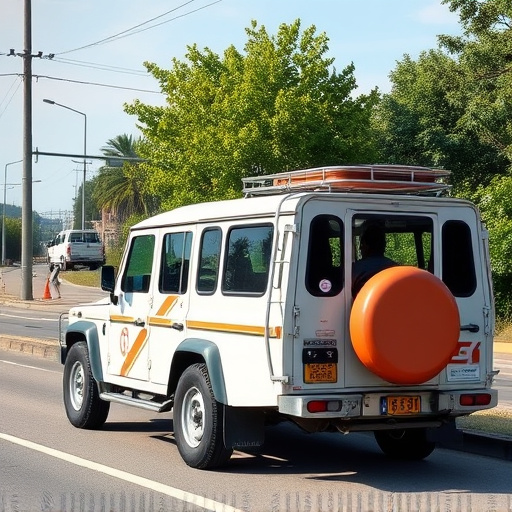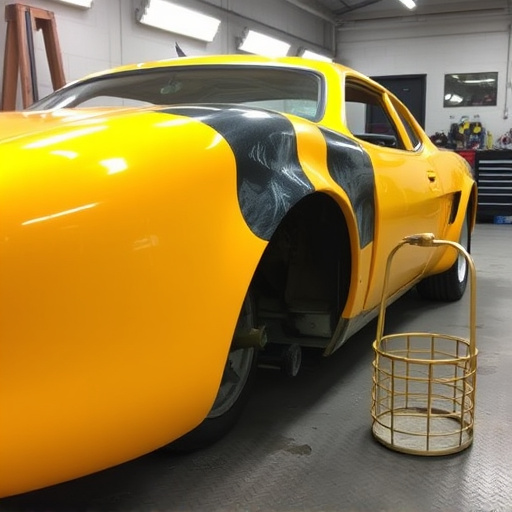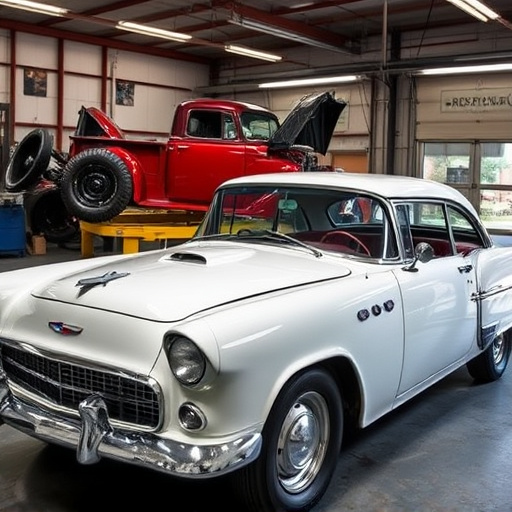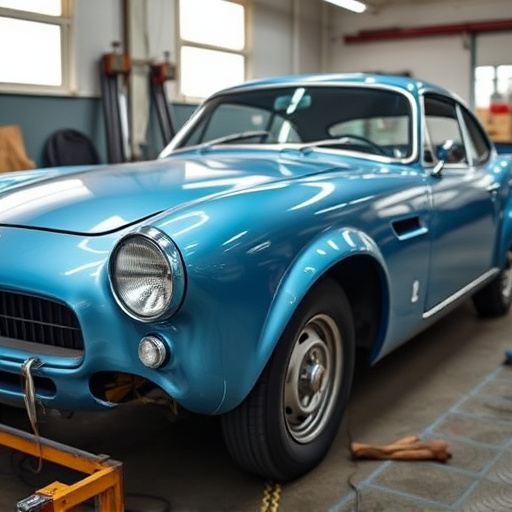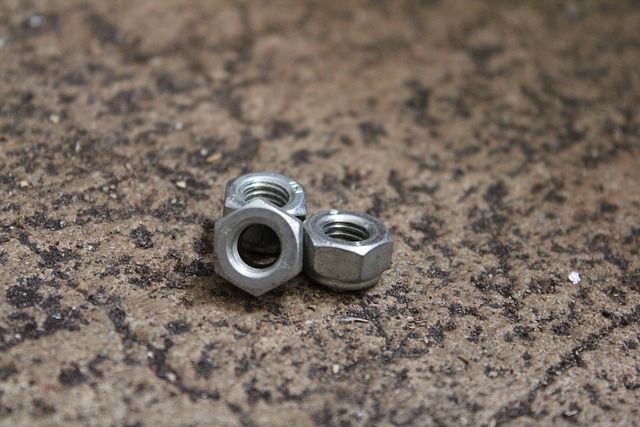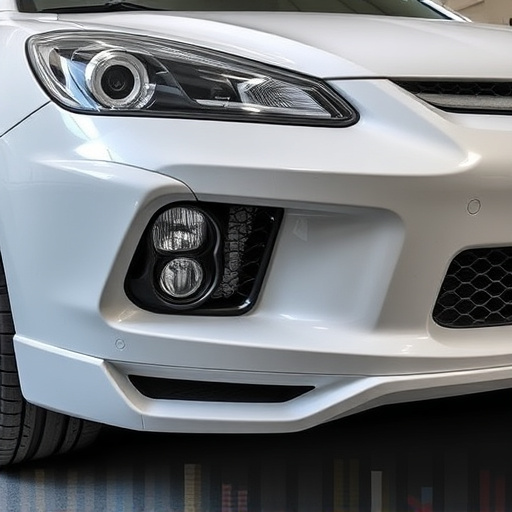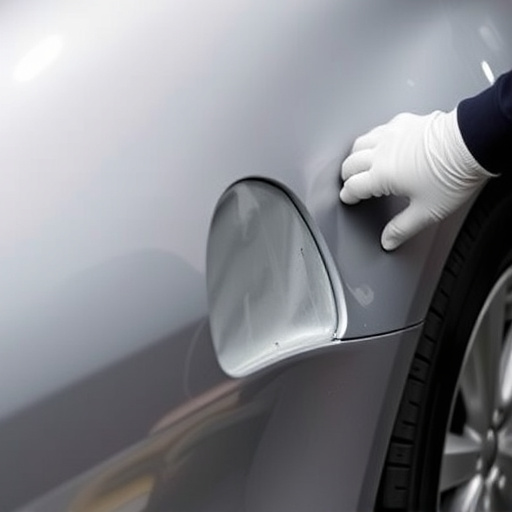The RV ownership trend shifts towards nomadic lifestyles and demands specialized, high-quality body repairs that blend aesthetics and functionality. This evolution blurs the line between RV and car paint repair, requiring swift, tailored solutions. Technicians use advanced tools for intricate repairs on diverse materials like fiberglass and aluminum, investing in advanced paint systems to meet luxury customer expectations. The growing popularity of RVs drives industry innovation, elevating automotive repair standards across the board.
In the ever-growing recreational vehicle (RV) market, understanding and catering to evolving owner needs has become paramount. RV body repair stands out as a transformative force in the service industry, demanding specialized skills and tools. This article explores how RV body repair is raising standards and fostering innovation, from advanced techniques to tailored services, reshaping the landscape for both repair professionals and RV enthusiasts alike. Discover how this niche field is revolutionizing vehicle care and maintenance.
- Evolving Needs in Recreational Vehicle Ownership
- Specialized Skills and Tools for RV Body Repair
- The Impact on Service Industry Standards and Innovation
Evolving Needs in Recreational Vehicle Ownership
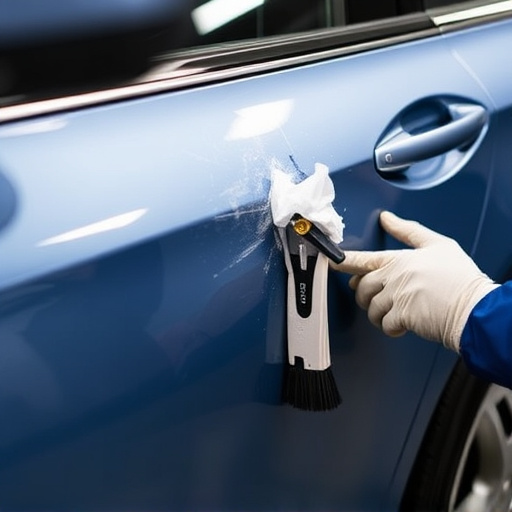
In recent years, the landscape of recreational vehicle (RV) ownership has evolved significantly. With an increasing number of people embracing the nomadic lifestyle and hitting the road in their RVs, the demands for reliable and efficient RV body repair services have risen sharply. Today’s RVers are not just looking for basic repairs; they expect high-quality, specialized services that cater to both aesthetics and functionality. This shift in need has prompted a transformation in the service industry, with RV body repair shops introducing innovative solutions such as paintless dent repair techniques, which not only restore the vehicle’s exterior but also preserve its resale value.
Moreover, as RVs become more integrated into daily life, the distinction between vehicle collision repair and car paint repair is blurring. Repairs need to be swift and seamless to minimize disruption to owners’ schedules. This has led to advancements in technology and training, enabling RV body repair professionals to offer top-notch services that meet the evolving needs of today’s recreational vehicle owners.
Specialized Skills and Tools for RV Body Repair
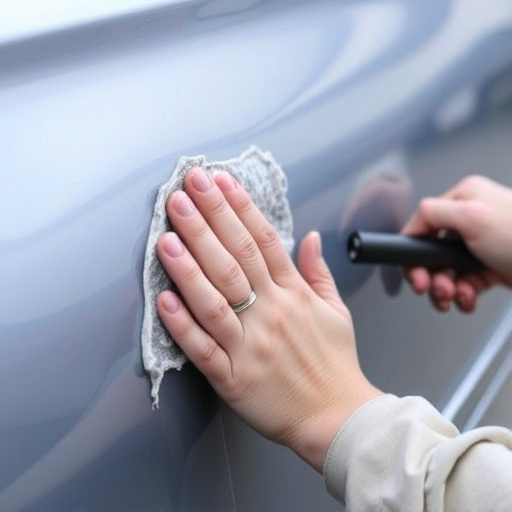
The world of RV body repair is a specialized field that requires unique skills and advanced tools to handle the intricate repairs needed for these large vehicles. Unlike traditional auto body shops, which primarily deal with cars and smaller trucks, RV body repair centers must accommodate the specific needs of recreational vehicles, motorhomes, and travel trailers. These vehicles often feature complex bodywork, including sleek curves, spacious interiors, and various additional components like slide-outs and solar panels. As a result, technicians in this sector need to be adept at working with different materials, such as fiberglass, aluminum, and vinyl, each presenting its own set of challenges.
Specialized tools play a vital role in RV body repair, enabling professionals to precisely cut, shape, and join the various parts. This includes state-of-the-art welding equipment, precision cutting saws, and specialized sanders designed for working on larger surfaces. Moreover, with the rise of luxury vehicle repairs, the demand for high-quality finishes and meticulous attention to detail has increased. Auto body shops catering to RV owners must invest in advanced paint systems and polishing tools to ensure the restored vehicles meet the same standards as their factory-built counterparts, satisfying customers who expect nothing but excellence when it comes to their cherished recreational vehicles.
The Impact on Service Industry Standards and Innovation
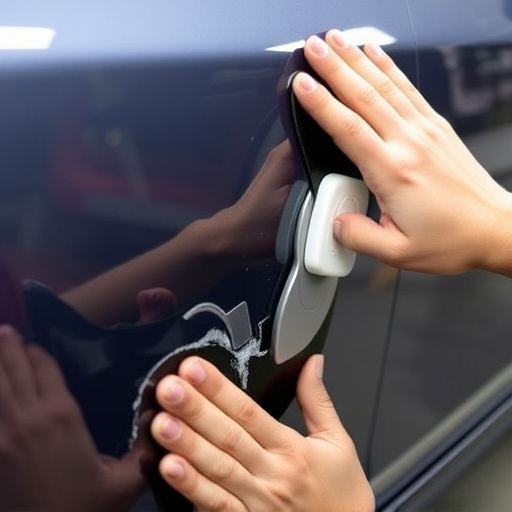
The rise of RV body repair is reshaping the service industry standards and fostering innovation across the board. As more people opt for recreational vehicles as their primary mode of travel, the demand for specialized services to maintain and repair these complex structures has surged. This shift has prompted traditional automotive repair centers to adapt and evolve, integrating RV-specific skills and technologies into their offerings.
Consequently, collision centers are now equipped with specialized tools and trained technicians capable of handling intricate bumper repairs and comprehensive RV body work. This transformation not only enhances customer satisfaction by offering one-stop solutions but also drives industry innovation. The need for advanced materials and techniques to repair larger, more intricate vehicle bodies is pushing the boundaries of automotive repair, leading to better, safer, and more efficient services across the board—from bumper repair to complete vehicle restoration.
RV body repair is revolutionizing the service industry by catering to the growing needs of recreational vehicle owners. As RVs become more complex, specialized skills and tools are essential for effective repairs. This trend has led to significant innovations in service standards, ensuring that RV owners receive high-quality, efficient, and tailored care for their vehicles. With RV body repair at the forefront, the industry is transforming into a dynamic, specialized sector, offering enhanced services that cater to the unique requirements of this expanding market.
